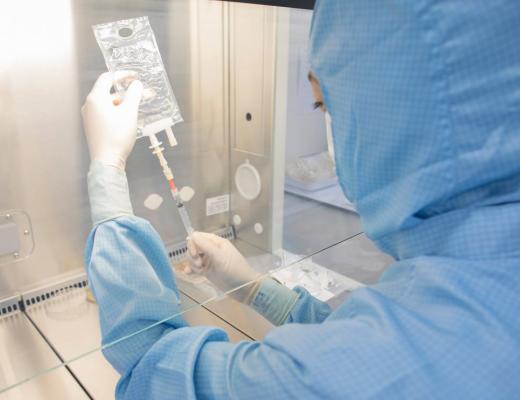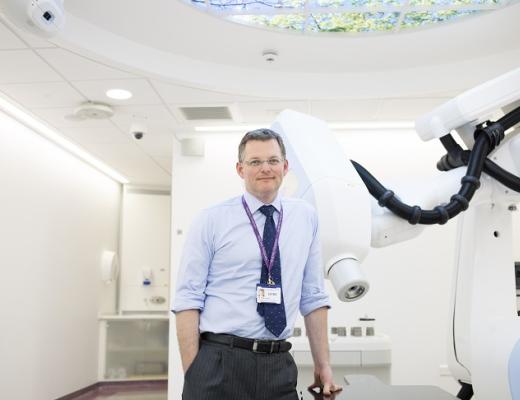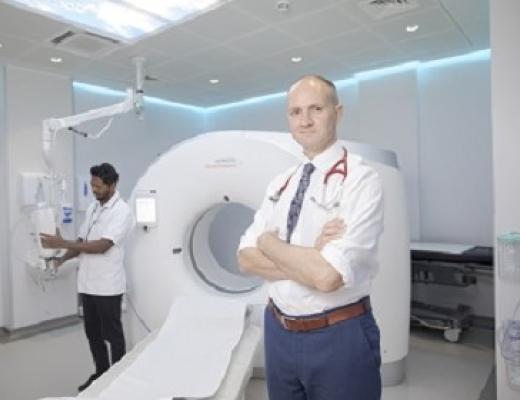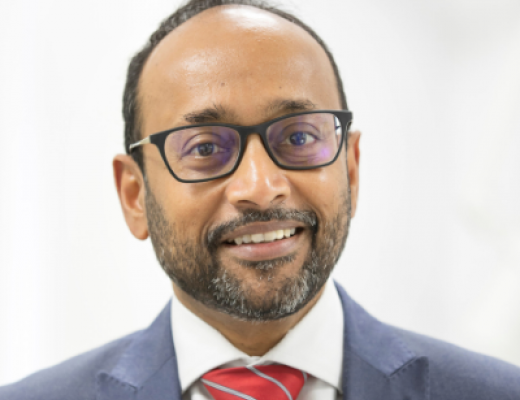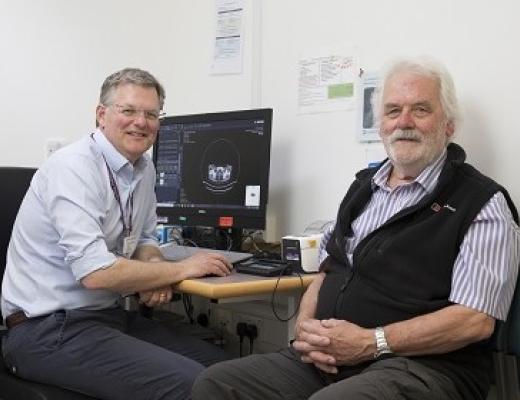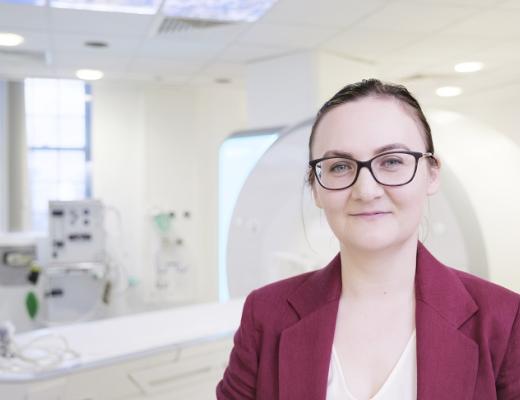Life-saving research
Pioneering research is absolutely critical to extending, improving and saving the lives of more people diagnosed with cancer.

Pursuing breakthroughs that will change how cancer is treated forever
Cancer is a complex disease with hundreds of variations and an ability to adapt and evolve. It’s critical that we fund the development of groundbreaking clinical trials that The Royal Marsden can rapidly translate into improved outcomes, quicker recovery times and a better quality of life for its patients.
How we are funding research:
The £4.2 million research grant supported the C-144-01 clinical trial, a global study involving multiple cancer centres, including The Royal Marsden, where it was led by Dr Andrew Furness, Consultant Medical Oncologist, who is part funded by the Charity. The trial explored the use of a treatment called Lifileucel in patients with advanced melanoma, whose cancer has not responded to other treatments. Lifileucel is a type of Tumor-infiltrating lymphocyte (TIL) therapy, where T-cells from the patient’s own immune system are used to attack cancer cells.
More than a third of patients on the study responded well to this innovative treatment, and the results show that TIL therapy could help to extend patients’ lives, providing a new form of treatment to those who currently have no other options.
This international research collaboration has led to the US Food & Drug Administration granting accelerated approval in February 2024 for Lifileucel to be provided for advanced skin cancer patients in the US, making it the first T-cell treatment to be approved for solid tumours. This approval paves the way for this treatment to be approved elsewhere around the world.

New and improved diagnosis and treatment
The Charity continued to invest in precision therapeutics, including supporting the research of Dr Irene Chong, Head of Clinical Oncology, whose role is part-funded by the Charity. One study, led by Dr Chong analyses the genes in the blood and tissue of rectal cancer patients, to help predict sensitivity and resistance to radiotherapy. Identifying the genetic material responsible for this could give some patients the option to avoid surgery and a permanent stoma.
Last year we also supported the TRAK-ER trial led by Professor Nick Turner. With funding from our research grant, as well as Pfizer, Invitae and Le Cure, the trial aims to identify signs of relapse in breast cancer patients using circulating tumour DNA (ctDNA) blood tests. These tests can detect very low levels of a tumour’s genetic material in the blood, enabling clinicians to identify the risk of relapse at the very earliest stage before cancer can be seen on a scan. From there, treatment can be adapted to try and prevent relapse from happening.
Support our work
We can only continue to do this groundbreaking research with the generous donations from our supporters. Help us to support more live-saving research.
